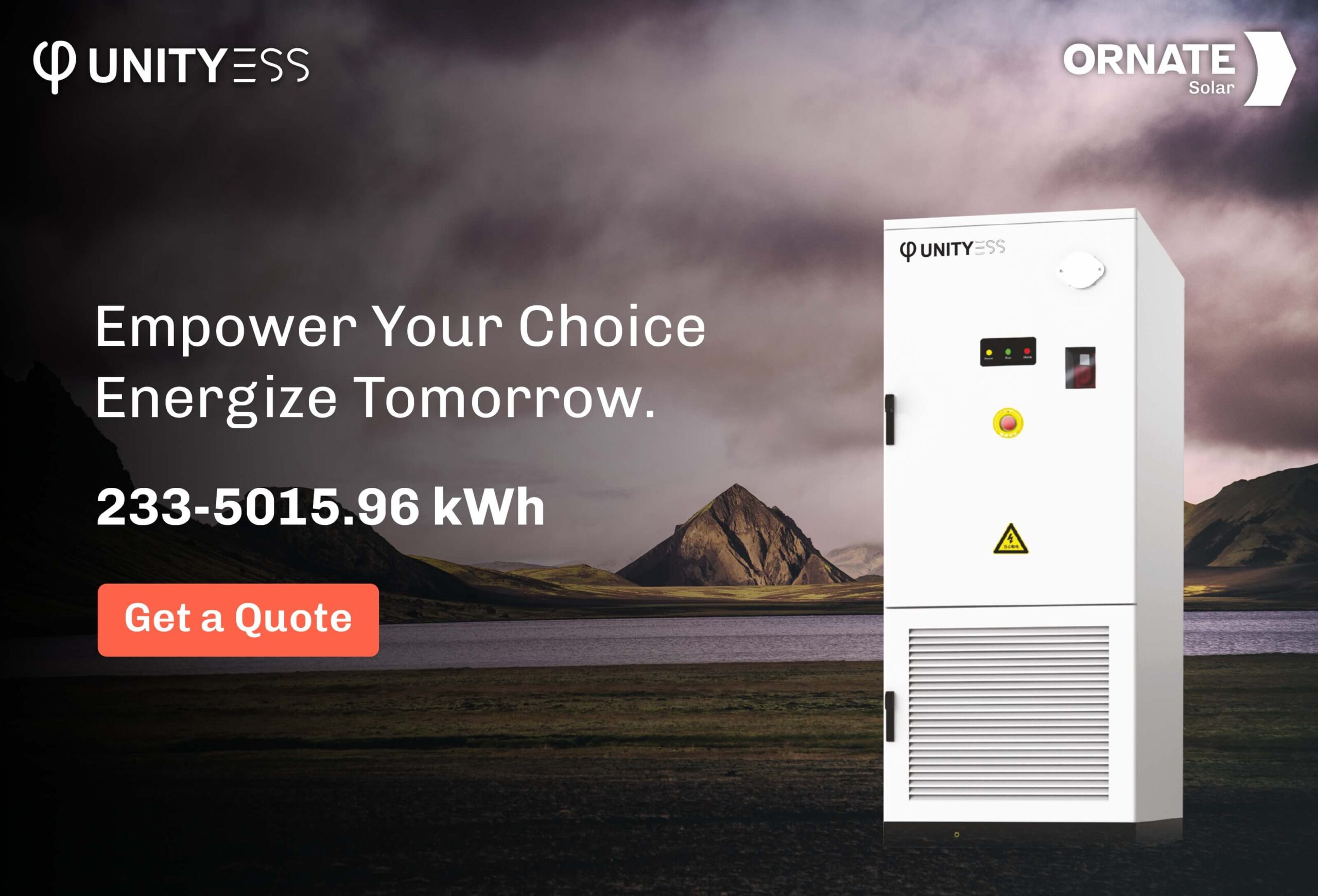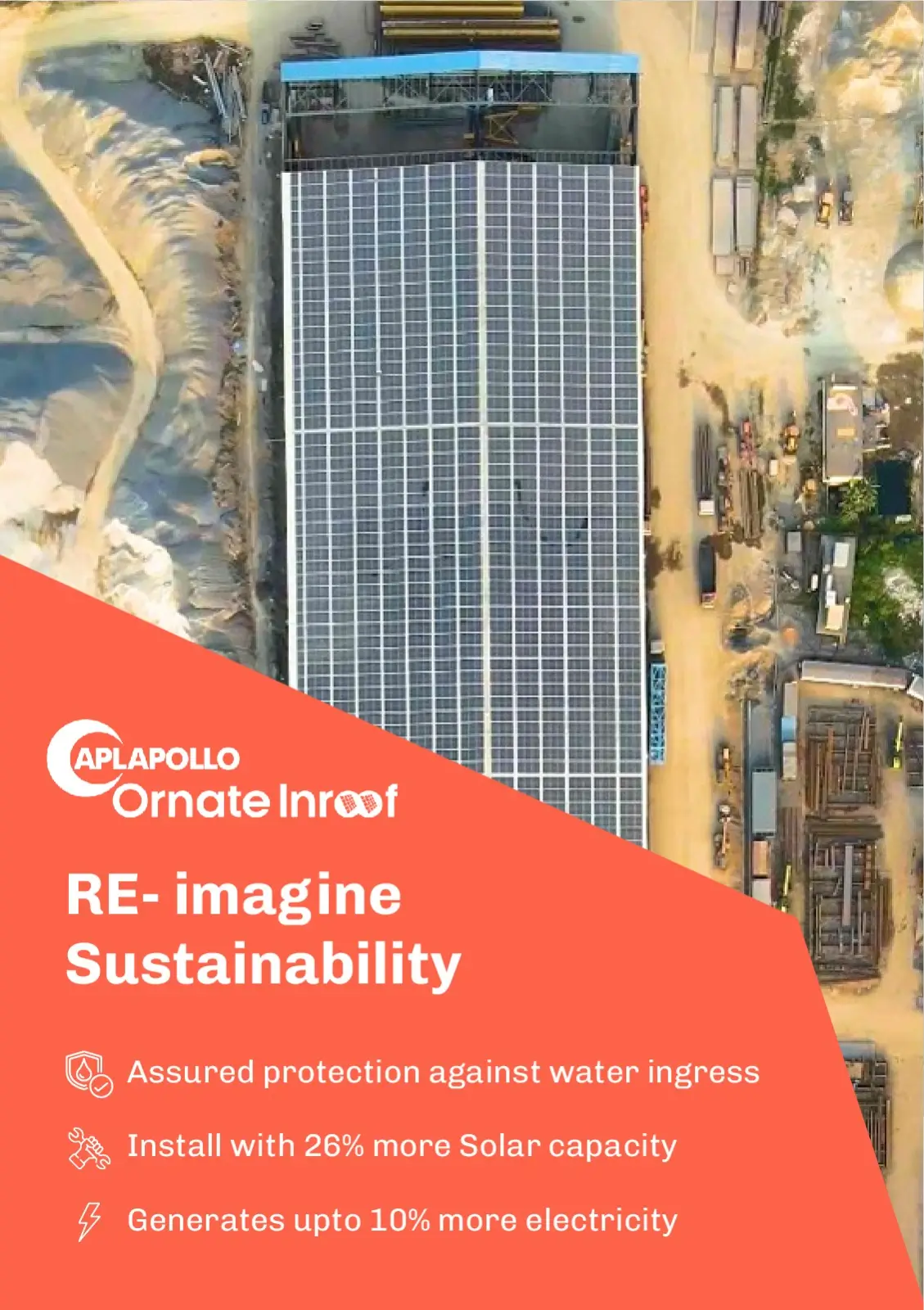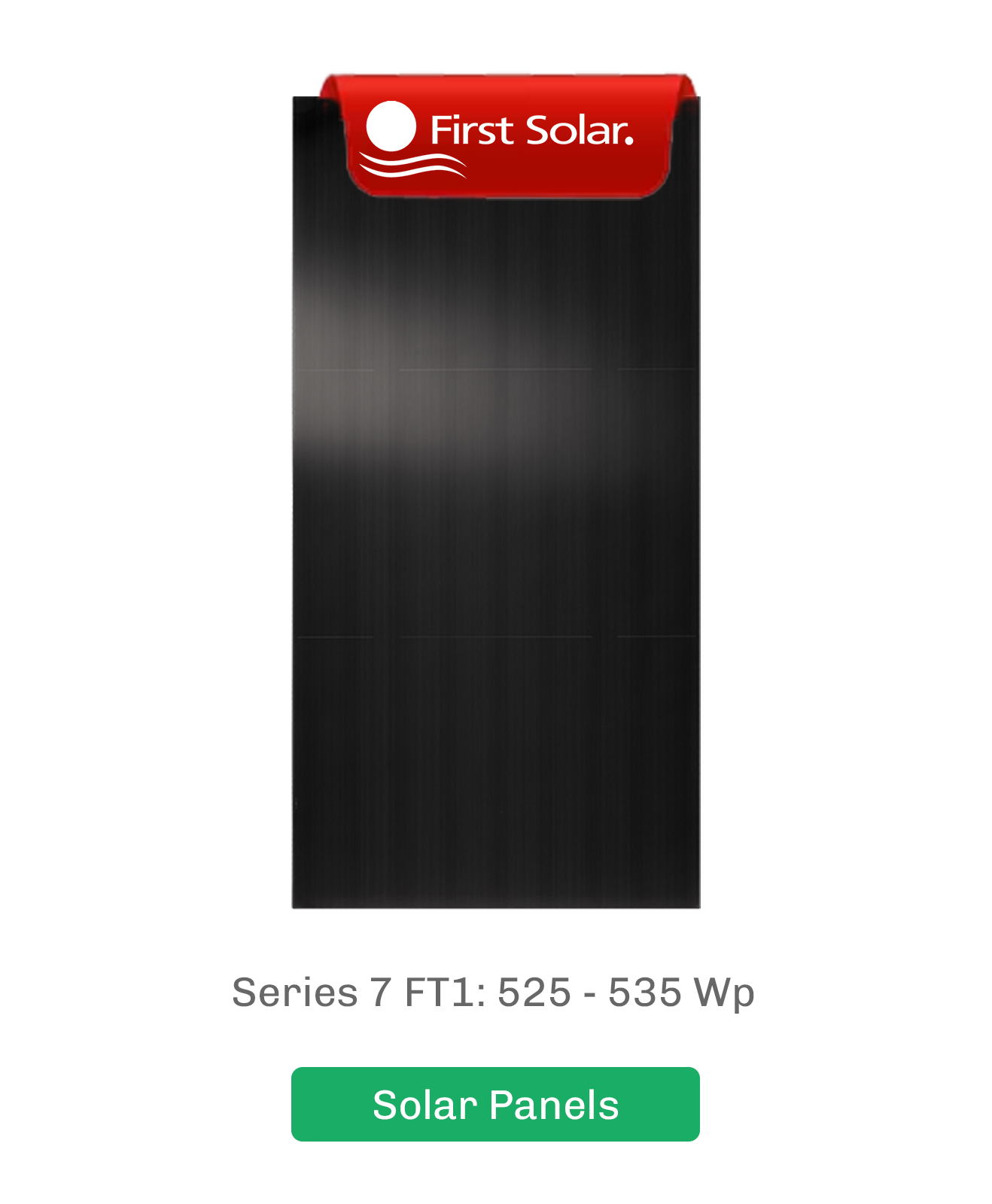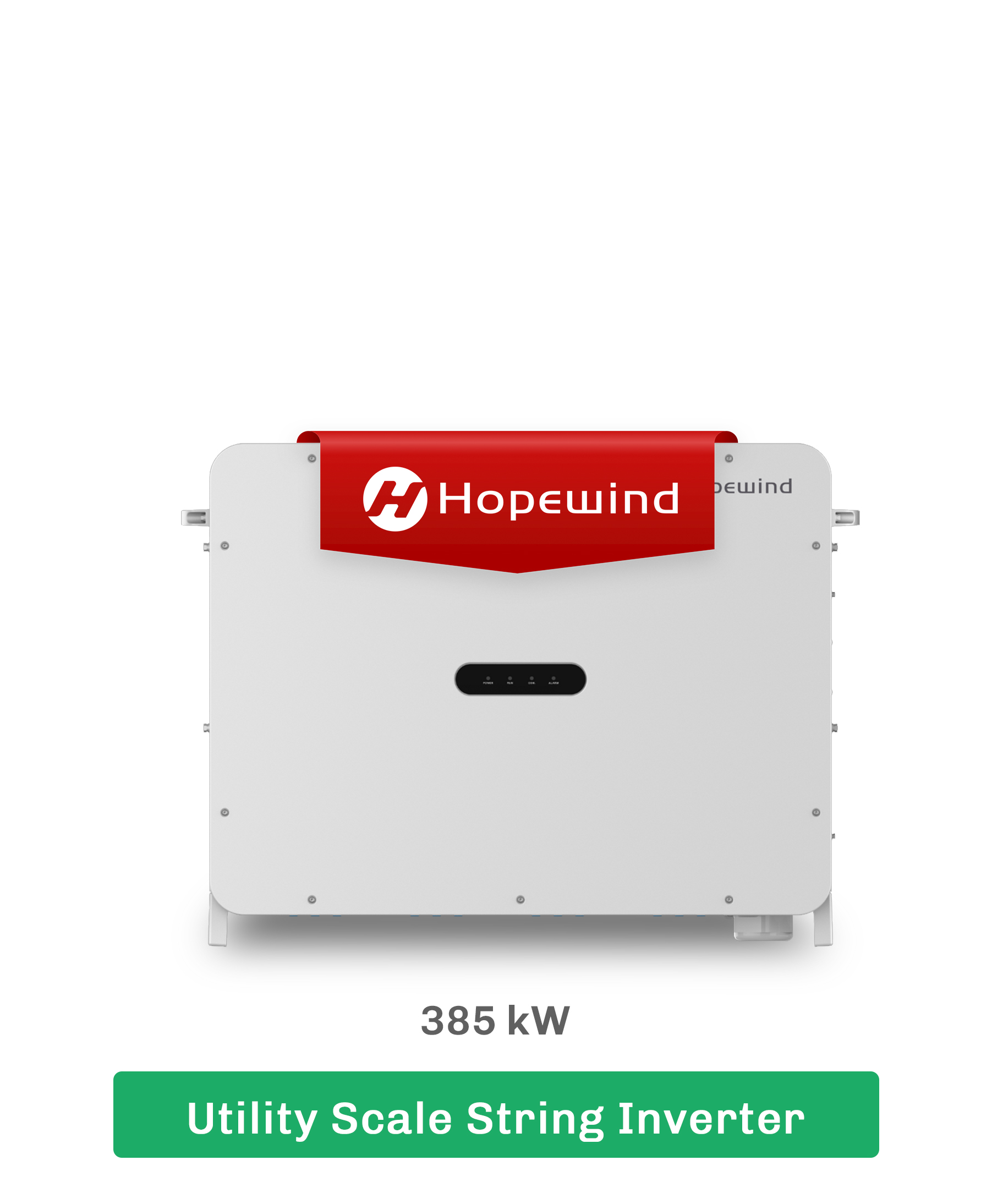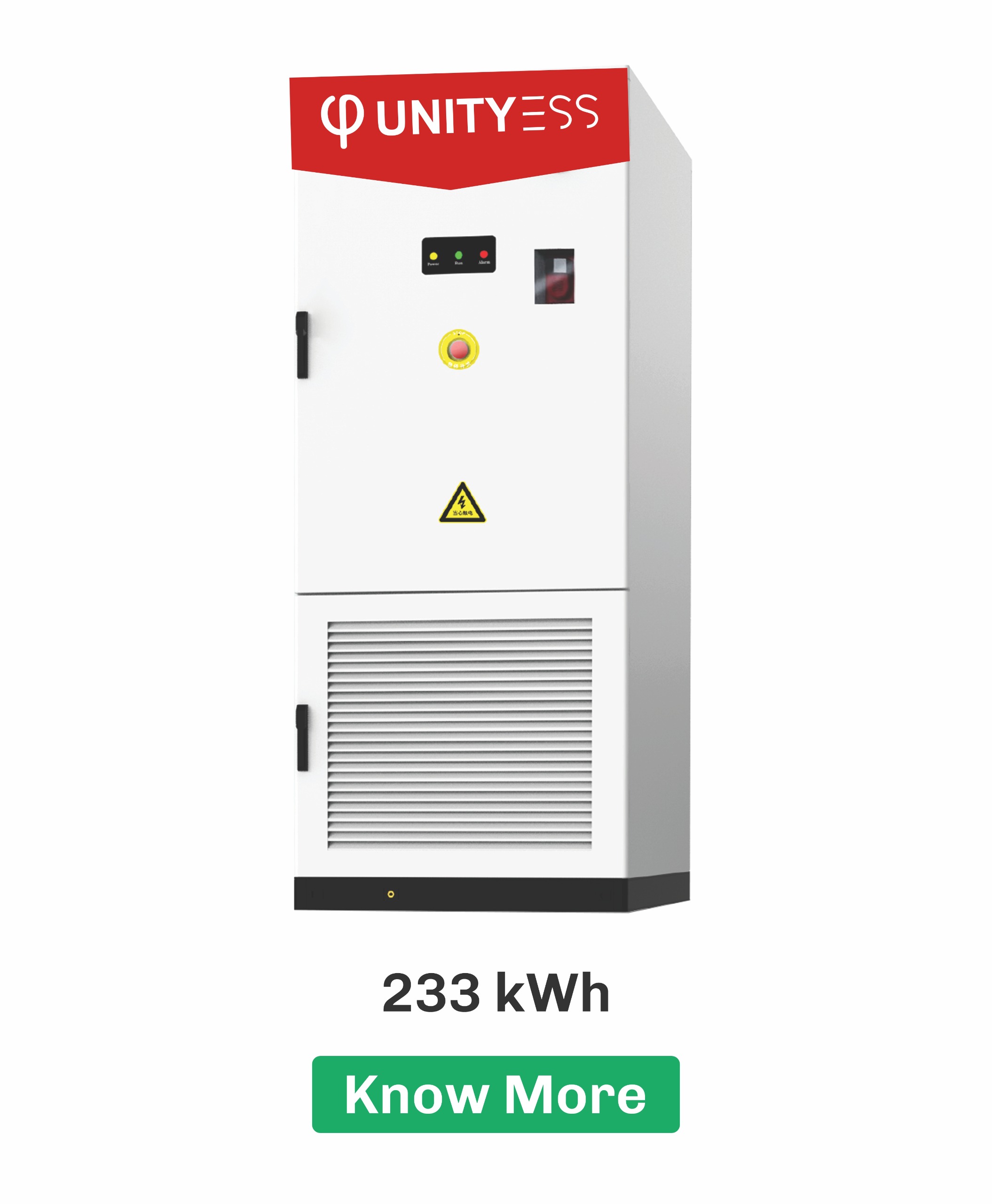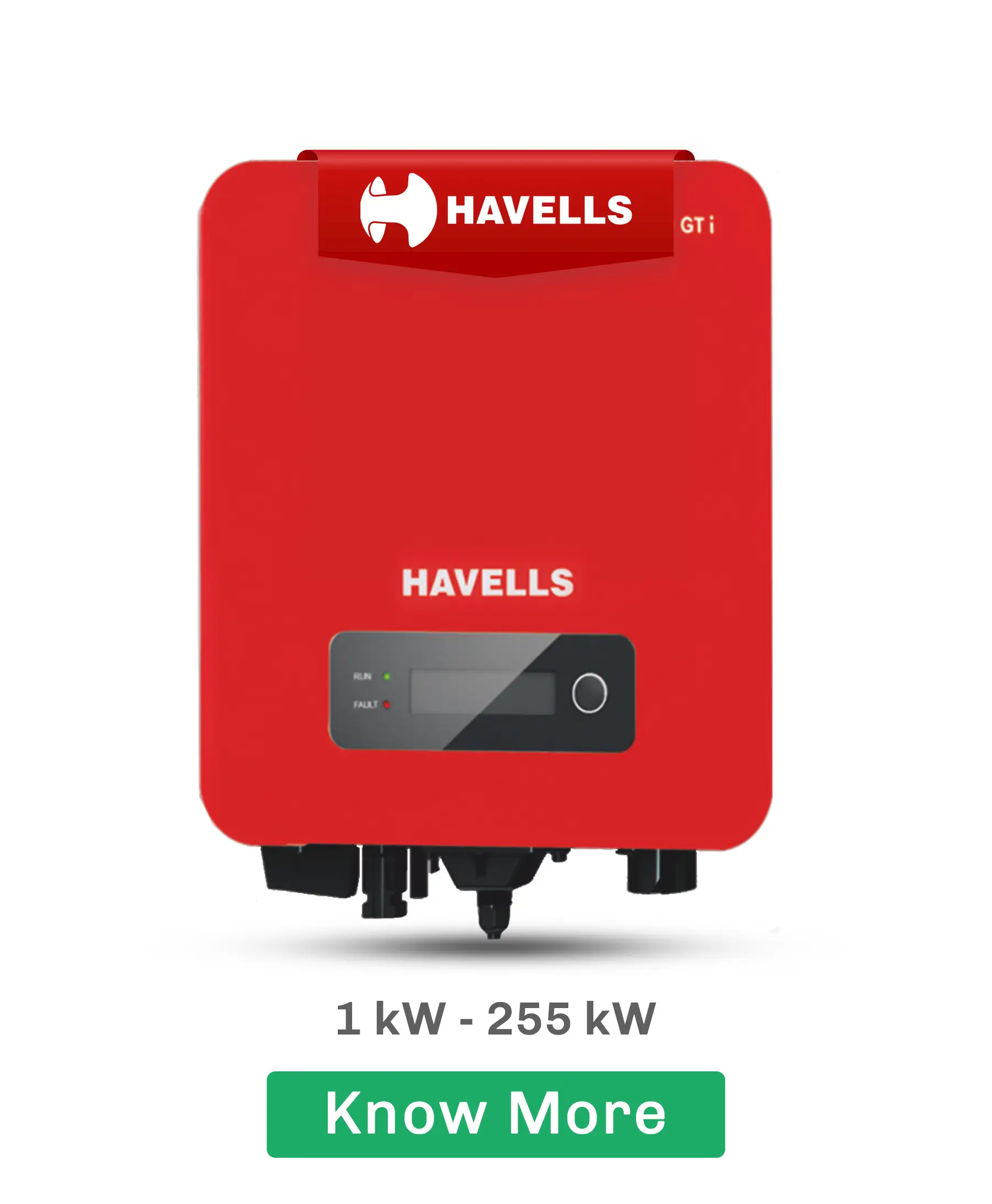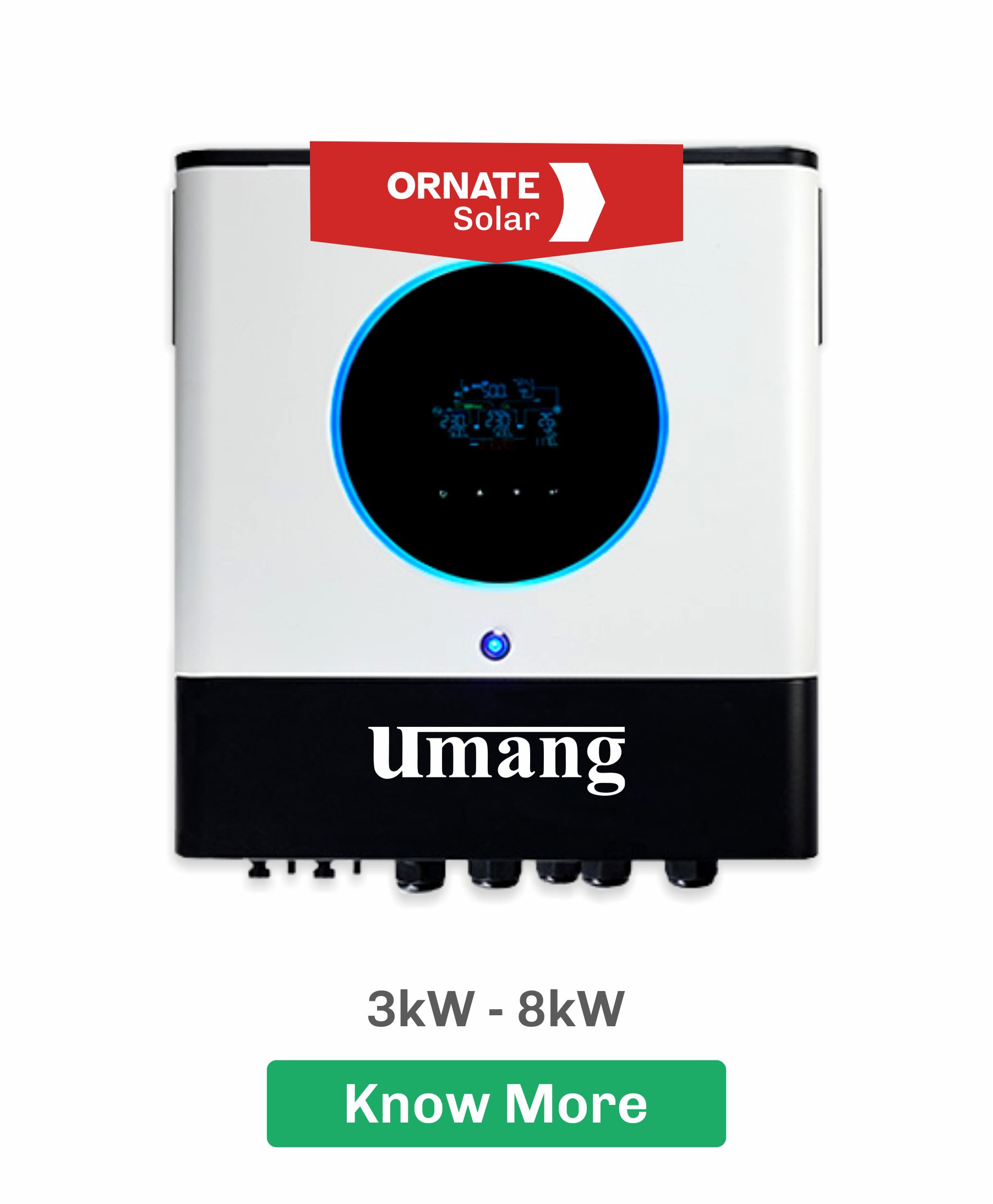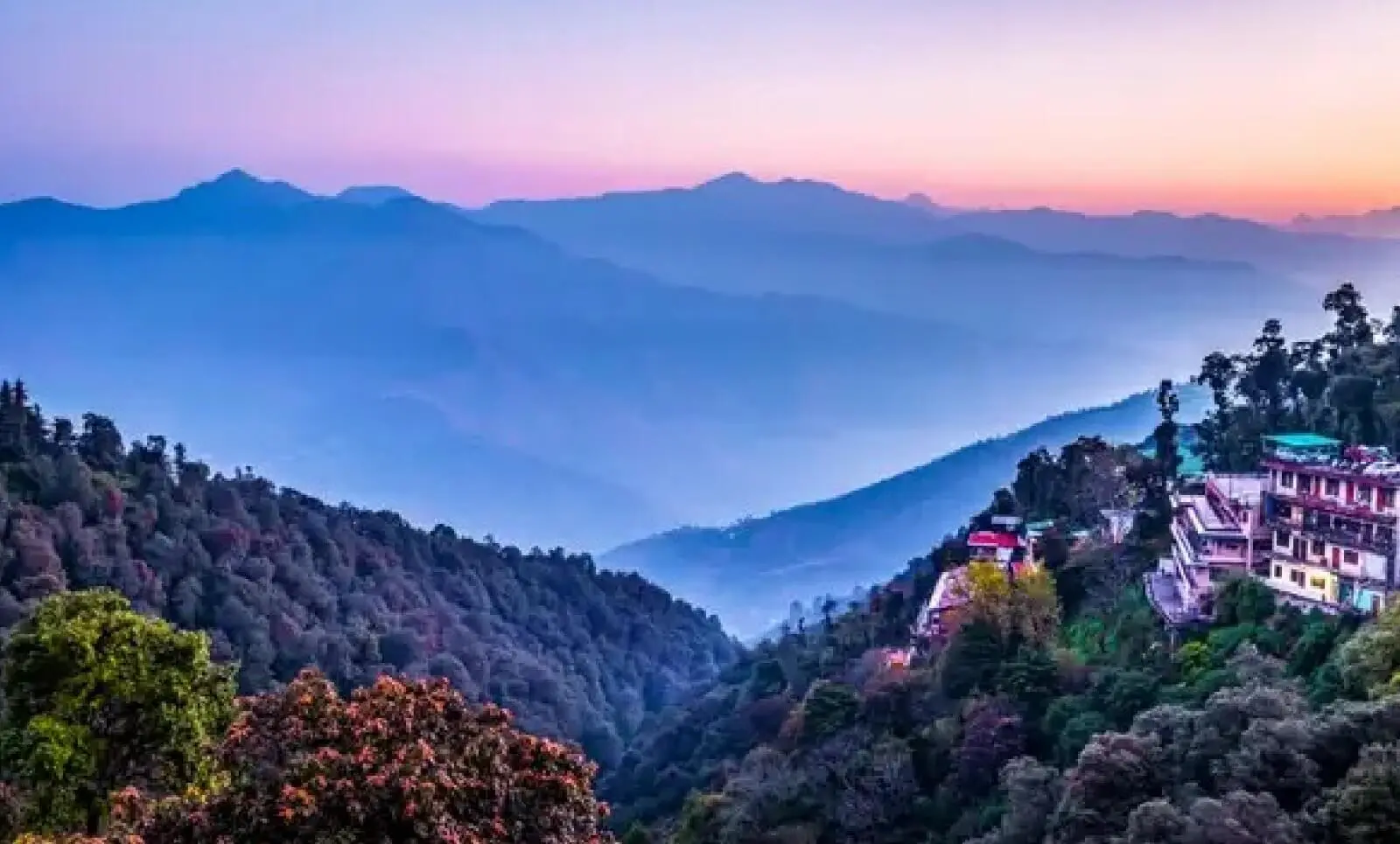The Uttarakhand government launched its solar energy policy in 2023, to facilitate the clean energy transition by bringing solar energy from the margins to the mainstream. The state government has introduced several provisions and benefits for:
Residential Sector
Commercial/Industrial
Open Access
Energy Banking
Solar Developers
Solar Villages
Manufacturing
Target: 2500 MW
Implementing Agency: UREDA
General
- Discom to create provisions for all interested and obligated consumers to procure clean electricity from renewable energy sources at predetermined tariff rates called ‘Green Tariff’.
- UREDA to create a dedicated Solar Policy Cell.
- All the statutory clearances and approvals to be provided to the solar project developers through the single window portal within 60 days.
Residential
Target: 250 MW
- Building bye-laws shall not count the height of module structures up to 3 meters
- All consumers with sanctioned load over 10kW encouraged to meet 30% of electricity requirement through RE sources over the next 5 years
- All upcoming large residential complexes, such as housing societies or residential townships, with sanctioned loads of more than 100 kW are mandated to fulfill 100% of common area energy requirements (parks, elevators, gyms, stairs, etc.) with rooftop solar power plants.
- The excess generation shall be compensated based on the feed-in tariff rates notified by UERC
- Both CAPEX and OPEX models are available
- Additional capital subsidies will be provided to residential consumers
- All C&I consumers shall be allowed to install rooftop solar systems up to their sanctioned load subject to the ceiling limit specified by UERC
- industrial and commercial establishments in urban areas with a connected load of 100kW or contract demand of 120 kvA and above are mandated to fulfil at least 20% of their annual energy requirements through renewable energy sources
- No capacity restriction for behind-the-meter captive rooftop solar systems (with or without storage)
- Excess energy fed into the grid during non-peak hours shall be considered towards green banking
- Group net metering allowed for all C&I consumers for rooftop solar projects
Incentives for Industrial Consumers Register under MSME Act 2006
- Interest subsidy of up to 10%, subject to a maximum of ₹8 lakhs, for rooftop and captive solar projects
- Capital subsidy of up to 40% of capital cost, subject to a maximum of ₹40 Lacs to consumers investing in solar rooftop plants and captive solar power plants
Open Access
- The Discom shall update the status of open access applications for the intra-state network within 21 days, as per the application request for short-term, medium-term, or long-term tenure
- Captive/group-captive solar plants will be exempt from paying transmission and wheeling charges.
Solar Developers
- All solar power plants shall be treated as an industry. Incentives available to industrial units shall also be available to the solar power plant developers.
- lf the utility-scale project is commissioned within the scheduled period, then the project will be exempted from electricity duty for ten years
- 50% exemption/reimbursement of stamp duty on the lease deed of land or purchase of land and any further sub-lease(s) for the land required to establish a solar power plant within the state’
- a 100% waiver on land use conversion charges/fees
- Solar installations for EV charging on government land shall also be eligible for an additional 50% concession on land lease payment
- 50% reimbursement from the payment of state Good Service Tax (SGST) on the sale of rooftop solar power plants shall be provided by the commercial Tax department for 5 years
- No transmission and wheeling charges or losses shall be applicable for solar power plants installed under this category.
- Cross subsidy and additional surcharge shall be exempted for the solar power plants set up under the VNM framework.
Homestays and Trekking Traction Centres
- Home-stays registered as per Deendayal Upadhyay Home-Stay Development Scheme Rules, 2018 Trekking Traction centres as Per Trekking Traction Centre Homestay Yojana to be considered domestic consumers as per UERC regulations
- Homestays installing solar power plants shall be eligible for incentives as per the Deendayal Upadhyay Home-stay Development Scheme Rules, 2018, and under the Veer Chandra Singh Garhwali Tourism Self Employment Scheme.
Solar Villages
- UREDA to solarize 300 villages
- For rural communities in hilly and snow-bound areas, community solar power plant installation with storage solution shall be targeted,
- Behind-the-meter rooftop solar power plant installation with energy storage of capacity of less than 1 kW shall also be promoted.
Manufacturing
- Priority allotment of Government land in solar parks on a long-term lease basis
- Waiver of electricity duty for new manufacturing facilities and ancillaries of solar projects for 5 years
- 50% exemption/ reimbursement on stamp duty
- 50% SGST reimbursement to solar energy equipment manufacturers
- 100% reimbursement of custom duty on input required for manufacturing the solar modules and battery storage for 5 years
Request A Quote
Our engineers will not only provide you with a perfect quote but also help you with their technical expertise 😃 so partner with Ornate to build better & more efficient Solar projects.
Trending Articles
Uttarakhand Targets 2500 MW Solar Power Generation by 2027
Uttarakhand's first solar fair, Saur Kauthig, dedicated to promoting solar energy, commenced at Rangers Ground, Dehradun. The
India is Planning to Launch a Digital Platform to Verify the Origin of Solar Modules
Highlights: The Government of India is planning to introduce an online platform with unique IDs to track
Uttarakhand Government Approves 5 Solar Projects to Promote Green Energy in State
Highlights: Uttarakhand is planning to set up 5 solar projects with a total capacity of 5265kW The
